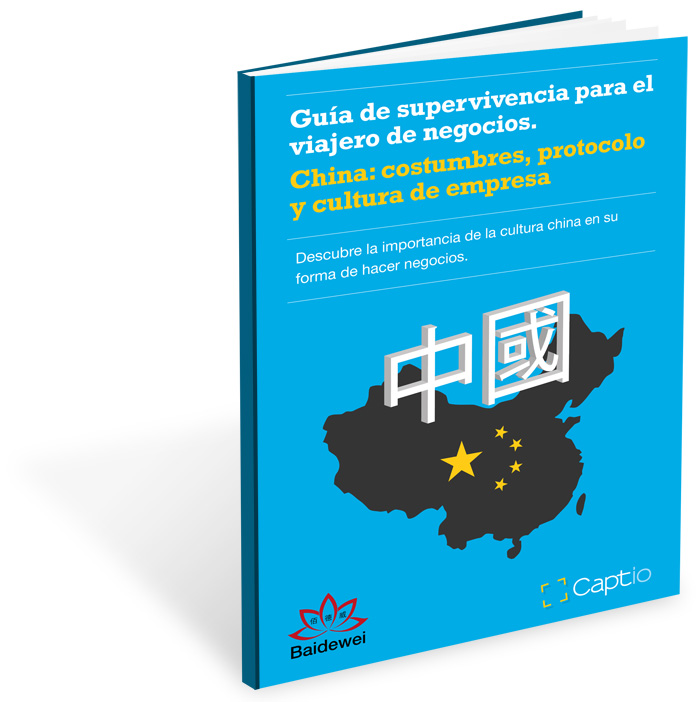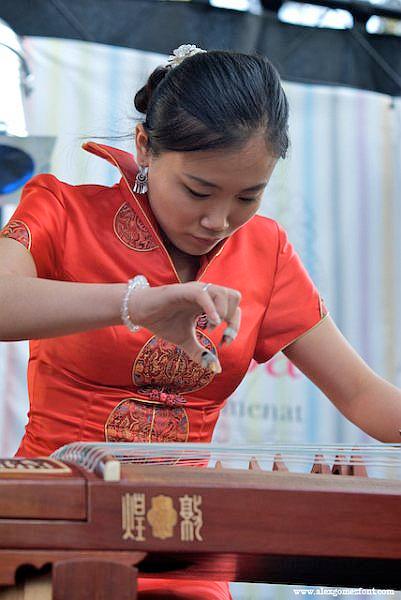It seems evident that China is interested on Barcelona. The cranes of Hutchinson at the mouth of the Llobregat river, south of the city of Barcelona, have turned new pier of its port into some sort of Chinese territory. And now, on the northern end of the city, in the Besòs river delta, already in the Badalona city limits, the Three Chimneys of the old thermal power station may have a similar future.
The Chinese investment group Kalsang Metong has recently signed an agreement with the municipality of Badalona and the Barcelona County Council to explore the possibility of selling two pieces of land by the sea: first, the 20 hectares of the surroundings of the former Besòs thermal power station, that ceased its activity in 2011; and second, the port of Badalona, a public property owned by the municipality and the county council that is in red numbers.
Asked by La Vanguardia, the mayor of Badalona, PP member Xavier García Albiol, showed cautious about this possibility. He explained about the initial contacts, but he stated that he has received no offer yet. The mayor of the neighbouring municipality Sant Adrià del Besòs, Joan Callau, also held meetings with the Chinese representatives and expressed his interest on the operation.
According from sources that know the details of the contacts, the Chinese want to invest on housing, leisure, culture and hotels and turn the old building of the Three Chimneys into a museum of the Chinese culture in Europe. It has been known that Li Wenru, Deputy Director of the Palace Museum in the Forbidden City in Beijing, was one of the members of the Chinese delegation.
[caption id="" align="aligncenter" width="368"]
 The Three Chimneys in Sant Adrià del Besòs, Barcelona (image from Barcelona Photoblog by Carlos Lorenzo)[/caption]
The Three Chimneys in Sant Adrià del Besòs, Barcelona (image from Barcelona Photoblog by Carlos Lorenzo)[/caption]
 oració de
oració de 



















